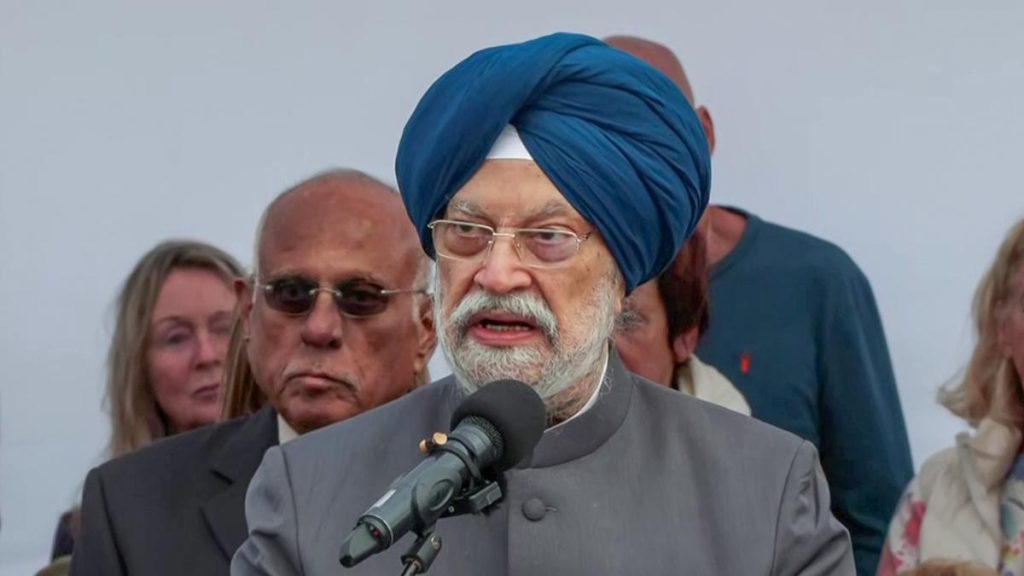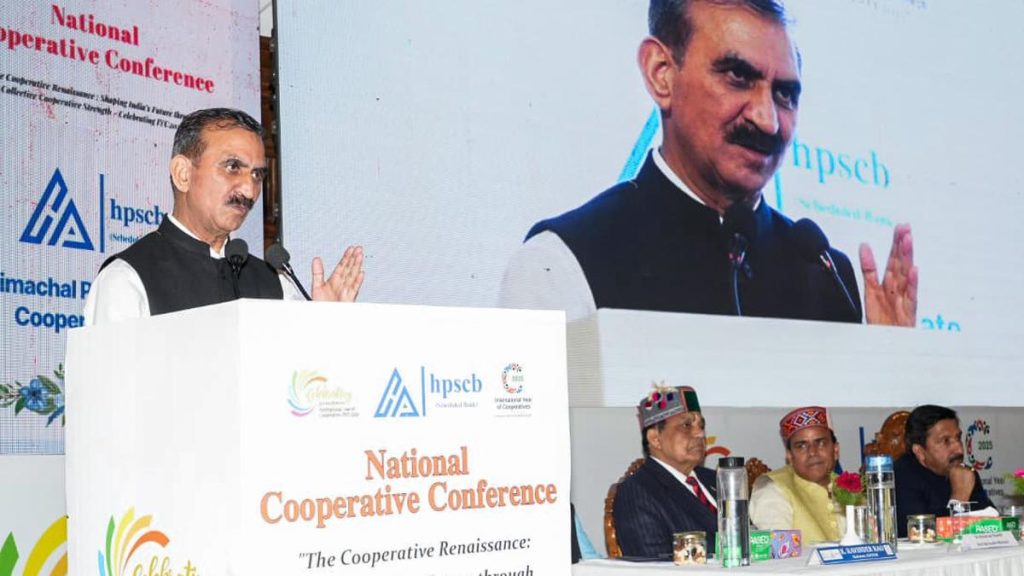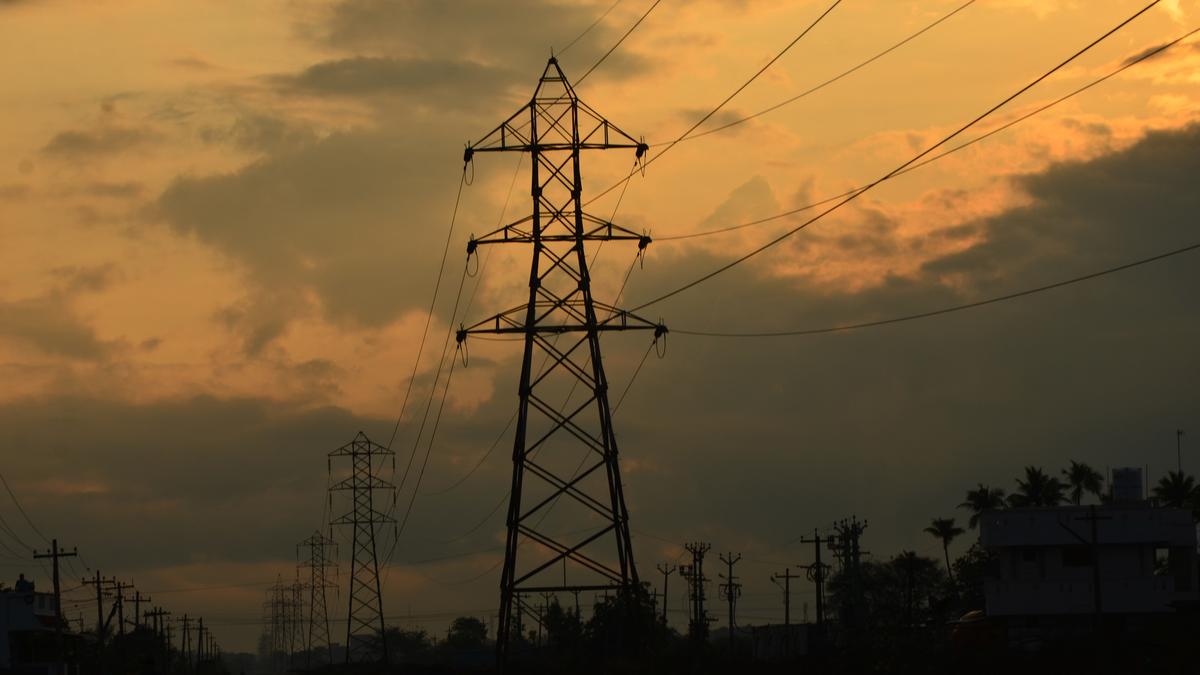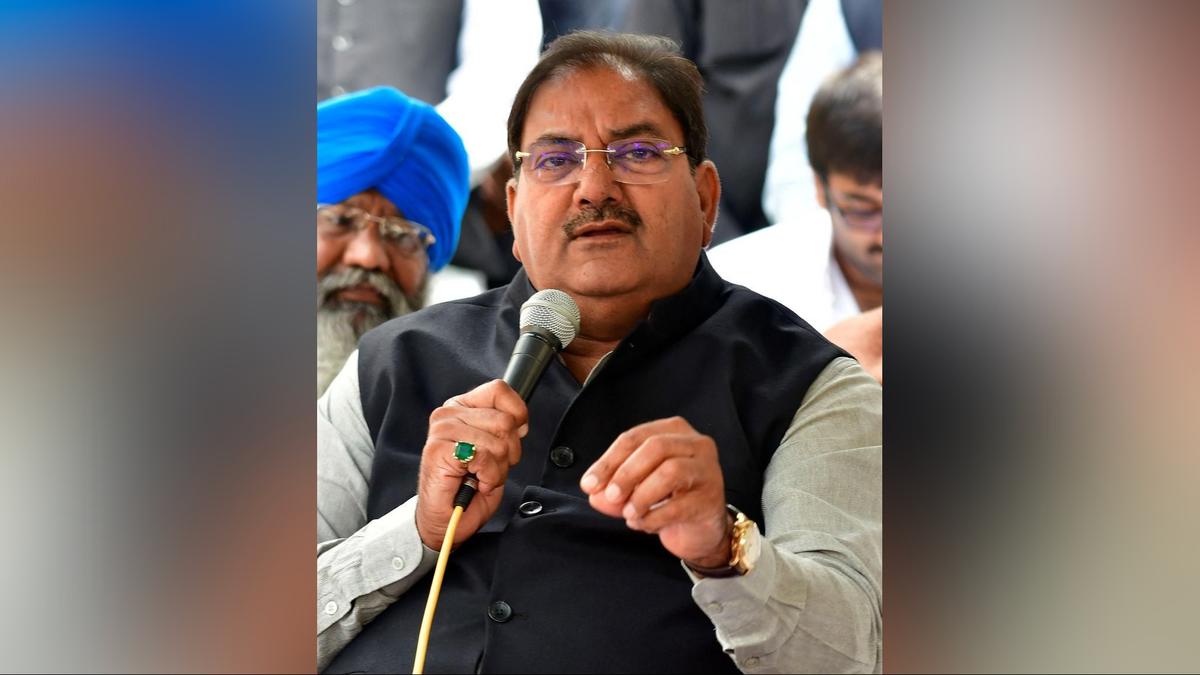Now Reading: Survey Reveals Air Conditioners as Top Greenhouse Gas Emitters in India
-
01
Survey Reveals Air Conditioners as Top Greenhouse Gas Emitters in India
Survey Reveals Air Conditioners as Top Greenhouse Gas Emitters in India
Quick Summary:
- AC-related emissions: india’s residential air conditioning (RAC) sector emits 156 Mt CO₂e in 2024, equivalent to all passenger car emissions in the country. The figure could rise to 329 Mt CO₂e by 2035 if unchecked.
- Refrigerant leakage issue: ACs emit excessive greenhouse gases due to frequent refilling every two years (global norm is once every five years). Refilling costs Indian households ₹7,000 crore ($0.8 billion) annually and could quadruple by 2035.
- Rapid AC ownership growth: Number of ACs projected to triple from current levels to 245 million within the next decade. currently, 40% of indian households refill refrigerants yearly; a majority own energy-efficient models (3-star or higher).
- Policy gaps and recommendations: Think tank iFOREST suggests lifecycle refrigerant management (LRM), cutting refrigerant demand by up to 30% by 2038, implementing Extended Producer Obligation (EPR), and seeking alignment with international practices like those in Canada and EU countries.
- Potential savings: Comprehensive LRM regulations could avoid up to 650 Mt CO₂e emissions between now and 2035-translating into $25-33 billion savings in carbon credits along with consumer cost reductions.
For more details on policy proposals regarding refrigerant management, visit The Hindu.
Indian Opinion Analysis:
The findings presented under iFOREST’s report on India’s RAC sector underscore pressing environmental challenges related to air conditioning systems. Rising incomes have driven exponential growth in AC ownership-a trend aligned with improved consumer awareness of energy efficiency but lacking understanding of climate impact due to refrigerants.
Excessive leakage remains a critical concern as frequent refilling not onyl accelerates greenhouse gas emissions but burdens households financially over time. Proper lifecycle management regulations, especially Extended Producer Responsibility measures for manufacturers as recommended in the report, appear essential for addressing this issue comprehensively.
Moreover, the tripling forecasted in AC ownership within a decade highlights an urgent need for proactive national policies such as India’s Cooling Action Plan adjustments aimed at reducing demand through consistent servicing norms and technology upgrades. Aligning these efforts with global standards would strengthen India’s role as an environmentally responsible player while offering avenues for direct economic benefits via reduced carbon credits spending.
While significant advancements are needed administratively and legislatively-delayed actions risk compounding both climate impacts and long-term financial strain faced by consumers reliant on cooling technologies amidst rising temperatures globally.

























